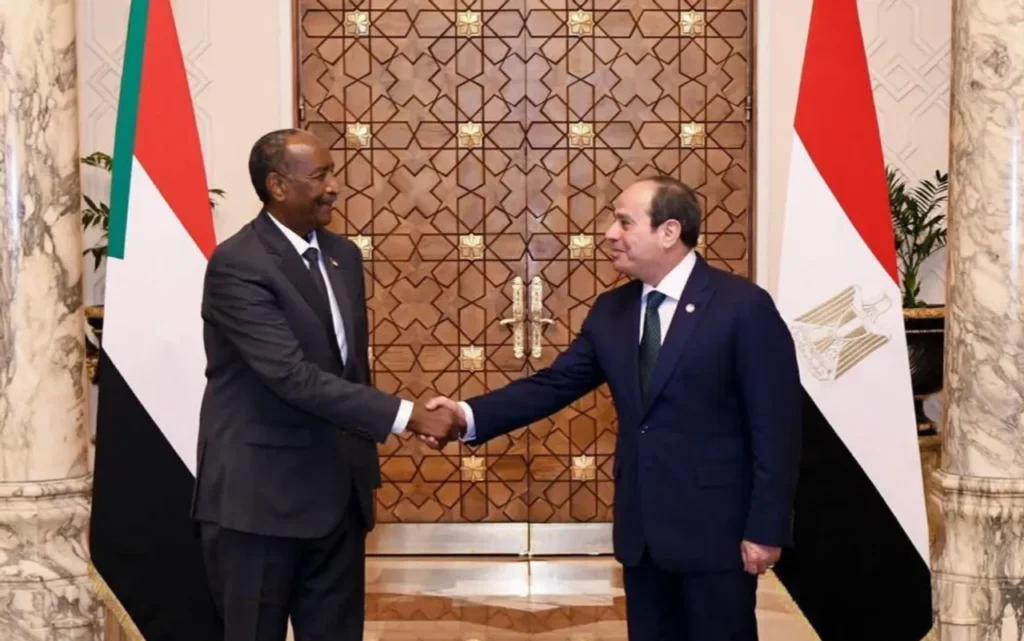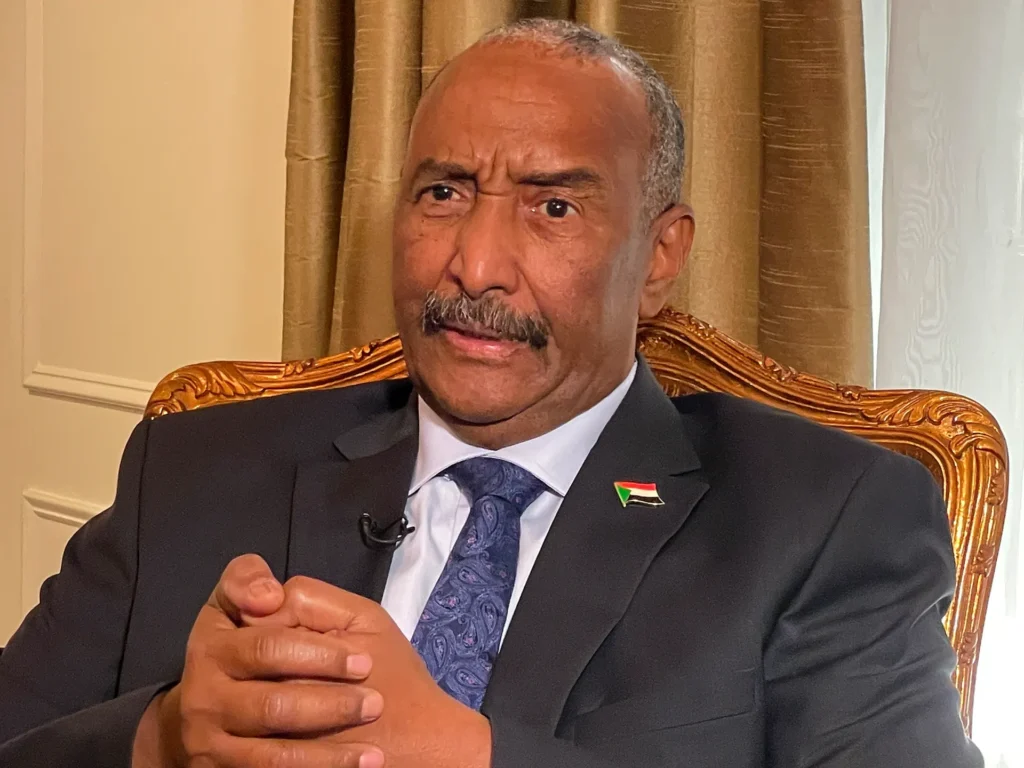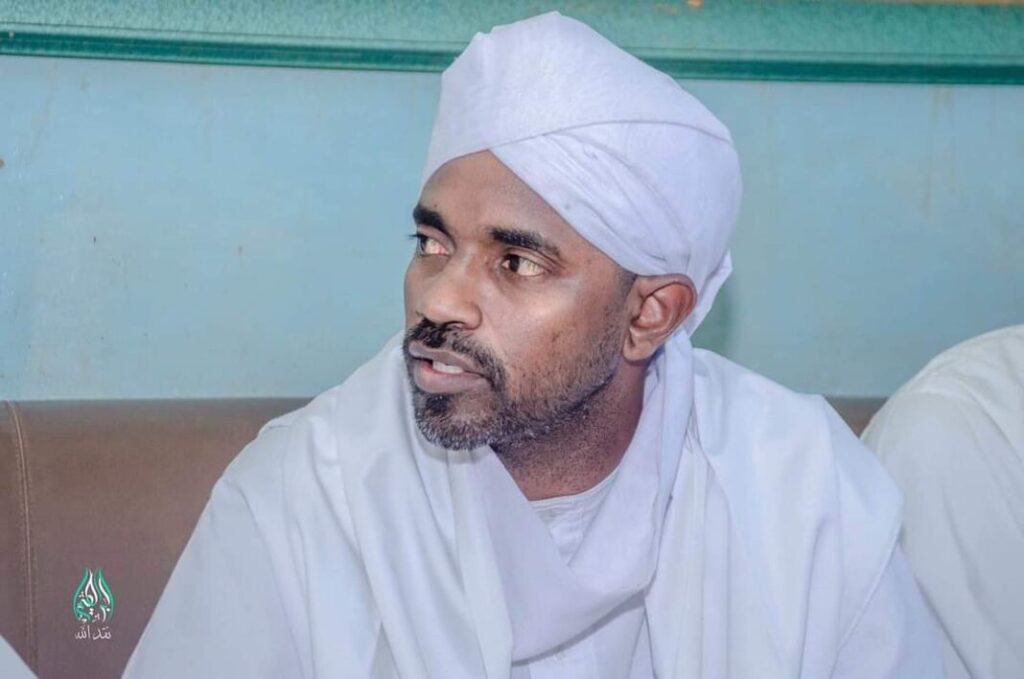
According to a report obtained by Sudan Tribune, Sudan’s Islamic Movement has played a significant role in shaping the Popular Resistance Forces (PRF), civilian militias allied with General al-Burhan’s army (SAF) in its battle against the Rapid Support Forces (RSF).
The document, which spans the period from April 2023 to April 2024, outlines the group’s extensive influence over the PRF.
The report describes the conflict as a “continuation of the Zionist project in Sudan” and outlines the establishment of 2,275 PRF training camps managed by a central committee with branches in all states. It also reveals the mobilization of 653,106 individuals, with 73,912 actively engaged in combat. Among its ranks, 505 members have been reported killed, referred to in the document as “martyrs.”
The Islamic Movement’s cadres are embedded in key battlefronts such as Sarkab, Sennar, and El Fao, as well as in Special Forces units. North Darfur has seen the highest operational deployments, followed by South and North Kordofan, and Gedaref. Specialized training programs have prepared thousands in urban warfare, drone operations, sniping, and artillery use.
The report praises the mobilization effort as a milestone for the Movement’s national and Islamic agenda but also highlights challenges, including sustaining recruitment momentum and balancing the PRF’s goals with broader army objectives. It acknowledges the role of PRF militias in arming civilians for self-defense, utilizing both private funds and official supplies.
SAF leader Abdel Fattah al-Burhan affirmed that PRF fighters operate under military command, warning against factions pursuing separate agendas.
The Islamic Movement’s influence extends to other forces, such as the Al-Baraa bin Malik Battalion, which joined the army at the onset of the conflict in April 2023. The leaked document underscores the PRF’s dual role in the military effort and advancing Islamist objectives, charting what it calls “a new future” for Sudan.
Leaked report comes after months of warnings by Sudan’s Rapid Support Forces regarding Islamic Movement cadres fighting alongside the SAF and committing massacres against what they perceived as “infidels.”
The Rapid Support Forces (RSF) has strongly criticized the Sudanese Armed Forces (SAF) and Islamist factions, accusing them of causing significant civilian casualties across various regions, including Khartoum and Darfur.
The RSF claims that these forces have intensified attacks across multiple regions, including Darfur and Khartoum, resulting in mass killings and destruction of essential infrastructure.
The RSF also accuses the Islamic Movement of fueling ethnic cleansing, pointing to incidents like the massacre in Village 32 in Gezira State, where 50 civilians were killed. The RSF has called for international condemnation of these acts, blaming them on the military’s alignment with extremist factions
In a separate development, the RSF has also framed its operations, such as the Wadi Seyedna assault, as a pivotal part of its strategy to dismantle the SAF and its affiliated militias, which it claims are tied to Islamist extremism.
The RSF’s leadership has described this as part of a broader struggle for justice and democracy in Sudan, seeking to liberate the country from what they view as years of oppression under Islamist rule




